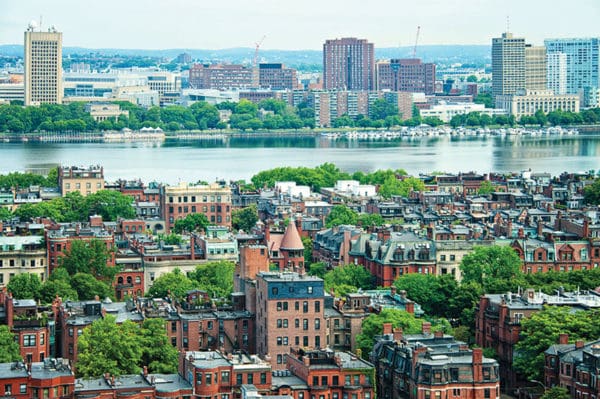How HEET is Cutting Out Carbon and Transforming Energy
HEET is using funds received from CLF’s settlement with Boston’s school bus operator to support its work to cut carbon emissions.
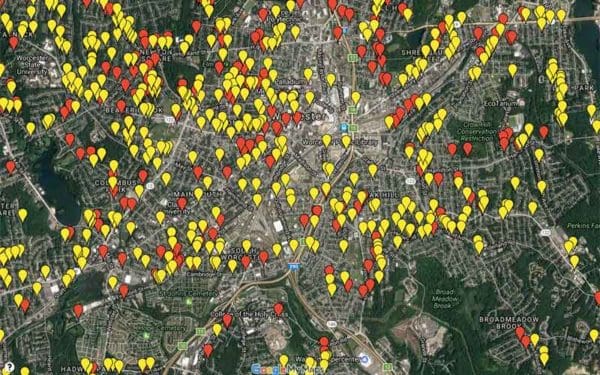
HEET is using funds received from CLF’s settlement with Boston’s school bus operator to support its work to cut carbon emissions.

The multi-state Transportation and Climate Initiative falls well short of its potential. Here’s what needs to happen to make it a powerful tool for redressing inequities in our communities and cutting climate-damaging emissions.
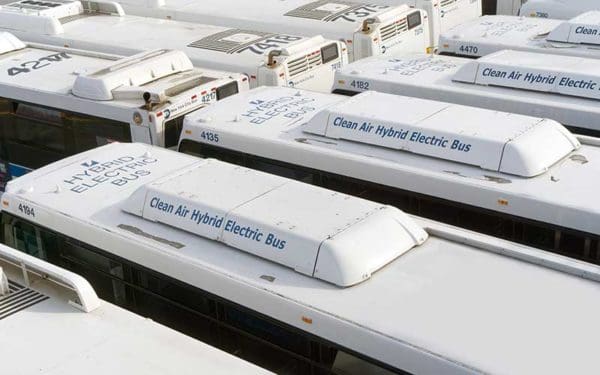
This past year was one of the most challenging our country has faced in many of our lifetimes. Both the COVID-19 pandemic and the summer’s protests against police violence have forced deep, damaging inequities in our society out into the light of day. Now, as we start the new year, it’s up to all of us to ensure they not only stay there but that we actively work to redress them.
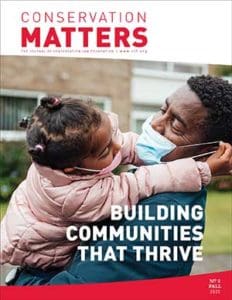
Nearly half of all homes in Massachusetts rely on gas for heating, which contributes significantly to the state’s greenhouse gas emissions. Ending this reliance on a climate-damaging fossil fuel could take decades. That’s why the work must start now, especially if the Commonwealth is going to meet its 2050 targets for cutting its overall carbon emissions.

UPDATE: Today, Maine’s Climate Council released its report, “Maine Won’t Wait, A Plan for Climate Action.” This climate action plan is a critical step towards slashing climate-damaging emissions across the state.
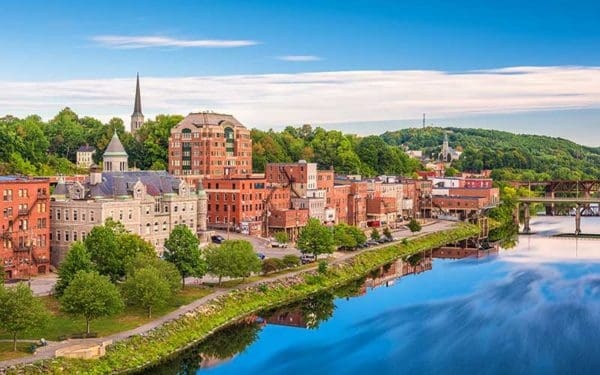
According to a new study, rising water temperatures put fish eggs and spawning adults at higher risk than juveniles and adult fish. Since previous studies mostly only took adult fish into account, this close look at different life stages gives us a better idea of what the climate crisis means for our fisheries and how we can help save Atlantic cod. One big takeaway: protecting spawning areas, where the vulnerable are, is more critical than ever.
We sat down with CLF Senior Science Fellow Gareth Lawson to discuss the implications of the study and the future of Atlantic cod.

On the 50th anniversary of Earth Day, the Baker administration announced that Massachusetts will make reaching net-zero emissions by 2050 legally binding under the state’s Global Warming Solutions Act. However, the state’s landmark climate law still needs a clear path forward to reach that goal.
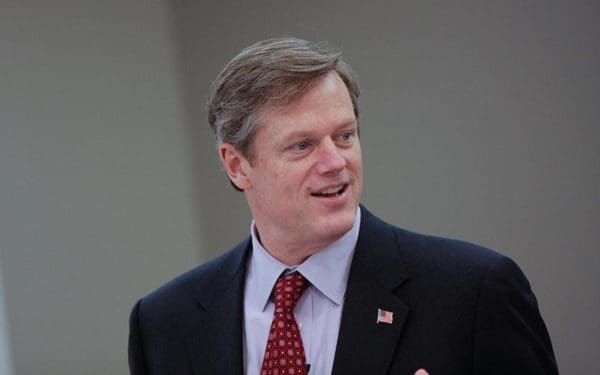
The presidential election result is a welcome relief – especially amid the ongoing stresses of an unrelenting pandemic, hobbling economic hardship, and an overdue racial reckoning. We all deserve to take a moment and celebrate that. But even as we see the core values of our democracy vindicated after relentless voter suppression efforts, now is not the time to grow complacent.
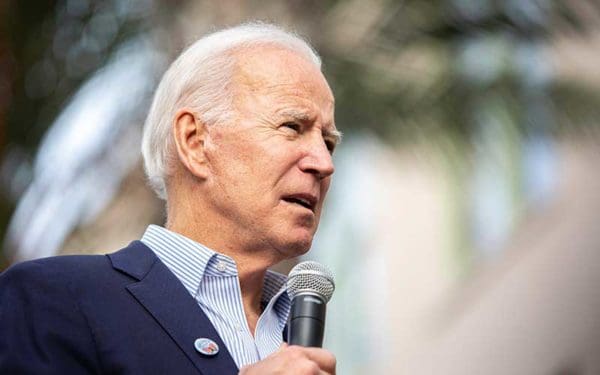
These days, the scariest monster I can conjure wears a tailored suit and sits behind the desk of a dirty oil or gas company deliberately blocking climate action. Runner up is another man in a suit – a legislator too scared to stand up to that fossil fuel executive and protect the people who voted him into office.

The Green New Deal may be stalled on the federal level, but it’s always been local governments that move the needle on progress and have immediate, concrete impacts on our lives. Boston City Councilor Michelle Wu’s proposal – Planning for a Green New Deal & Just Recovery – is a great example of local action in the face of federal inertia, and offers an ambitious vision for Boston’s future.
